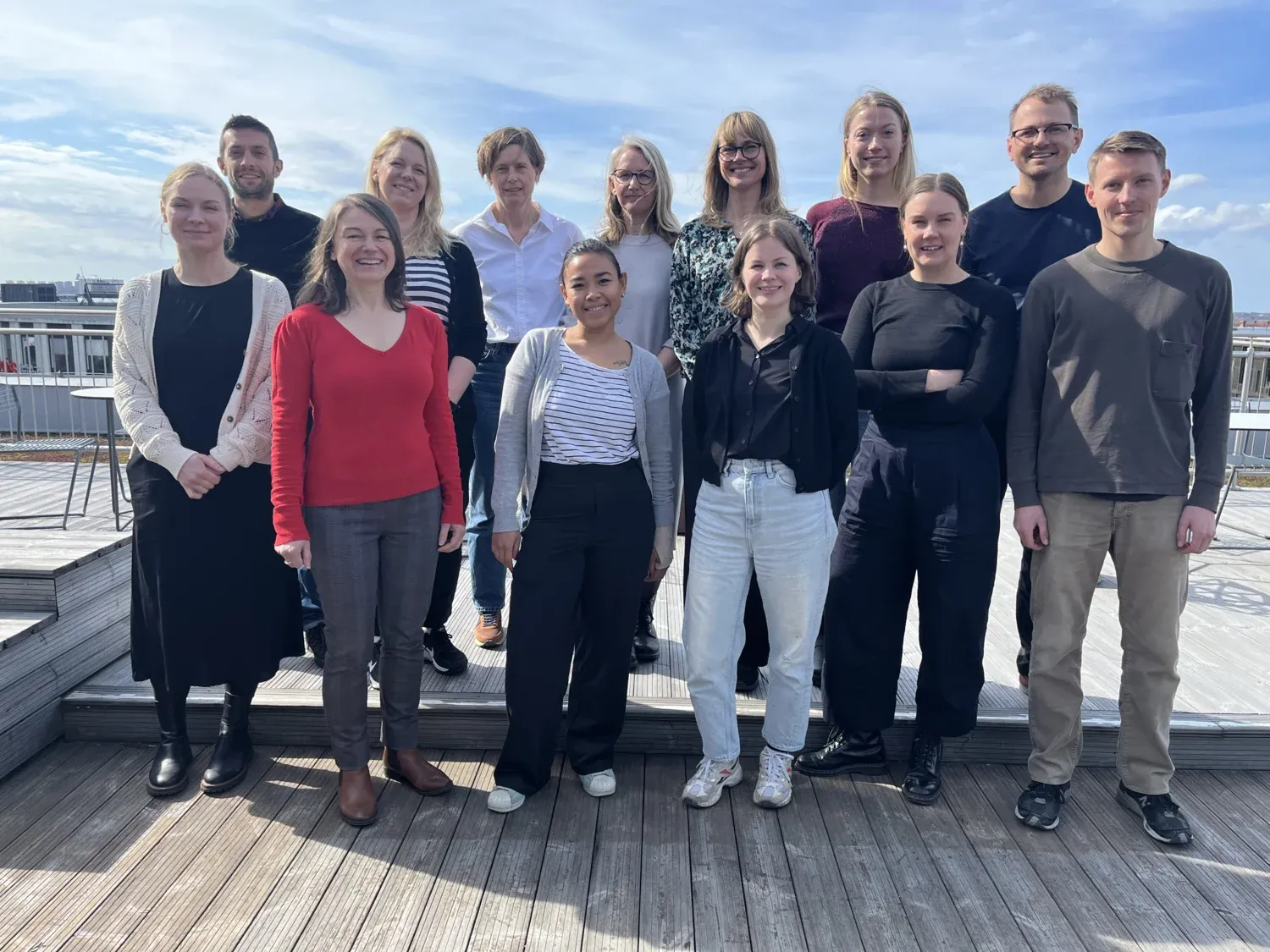
A research group at the Unit of Occupational Medicine, IMM.
About our research
Non-standard Employment, platform work and algorithmic management
The ever-changing economic environment, technological advancements, general weakening of trade unions and changes in labor laws have led to the emergence of a variety of non-standard work arrangements. We aim to deepen the understanding of how these non-standard work arrangements affect individuals, families and communities and how these contribute to inequalities in work environment, health and well-being.
The digital revolution is also having a disruptive affect on work, through three main vectors of change: digitization, automation, and platformization. Work is being transformed through the use of technology and algorithms in various aspects of work, including management. These changes can have consequences, such as employment insecurity, compromised privacy and rest time, inadequate occupational safety and health and social protection, stress due to excessive or atypical working hours, performance monitoring and worker surveillance by algorithms and similar AI applications. We aim to develop robust evidence about the links between platformization, automation and health, and provide evidence-based interventions for promotion of mental and physical health in a digitalized labour market.
We use multiple methods including quantitative, qualitative, review and participatory research. We have extensive international collaboration and perform international comparative studies with researchers from Belgium, Spain, Chile, USA and Canada, Finland, Poland and the UK.
Visit our project websites
- PWR – Precarious Work Research
- GIG-OSH – Health and Safety in the platform economy (gigosh.com)
- Gig Health Project – Digital labour platforms and its effects on health and well-being: a mixed-method project of gig workers in Sweden
Complex Occupational Interventions
In our group some members focus on intervention and implementation research. We design, implement and evaluate organizational-level interventions at the workplace using co-creation as an approach to tailor interventions to the workplace context, ensuring end-users´ need for change and acceptance to implement the intervention.
Determinants, consequences and treatment of harmful alcohol consumption in working life.
Alcohol use is a major contributor to the global burden of disease and involves large economic and social costs for society. Alcohol use disorders (AUD), the most severe form of harmful alcohol consumption, are associated with an increased risk of occupational injuries, sickness absence, and unemployment. Despite positive recommendations on pharmacological treatments for AUD, it remains to be underutilized in the Swedish healthcare context and is often combined with other psychosocial treatments. Through register-based cohort studies we aim to (a) identify where in the workforce the main problem of harmful alcohol use occurs, (b) explore different factors through which the risk of later harmful alcohol use is established, and (c) investigate to what degree, and trough which processes, these factors contribute to an increased risk of being marginalized from the labor market.
We also investigate the effectiveness of pharmacological treatments of AUD in a “real-world” setting in terms of: (i) alcohol-related morbidity and mortality, and (ii) work disability (i.e., sickness absence, unemployment).
Risk factor differences for occupational injuries among immigrants and native Swedes
There is an increased immigrant population in Sweden that immigrate due to family and work-related reasons, thus larger participation of immigrants in the labour market is expected. Immigrants are over-represented in manual jobs requiring low-educational attainment, resulting in more hazardous work environments and a lack of safety training. Less is known about the relative importance of risk factors of occupational injuries among the Swedish immigrant population.
The study investigates whether there is a differential risk of occupational injuries among immigrants compared with native Swedes, the magnitude of any differences observed; and whether the risk factors studied differ among subgroups of immigrants.
